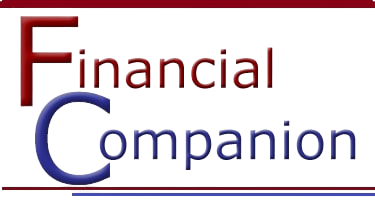A lot has changed with people’s finances due to the impact of COVID-19. Both income and expenditure look very different for many, as well as an added uncertainty in the weeks and months ahead. So what can you do to be a bit more in control of your finances?
Firstly, deal with the “new essentials”. If your income has been reduced, work from the figure you are certain of. List essentials like food, utilities, mortgage etc. It may be that you have availed of a lender’s option to have a payment holiday for a few months. If you are still stretched, you may wish to temporarily freeze contributions to things like saving plans or pensions.
Next, prioritise other things that you pay for. Be careful with things like life cover, mortgage protection, serious illness cover etc. If these type of plans were let lapse, there may be difficulty getting them back in place again if your health has changed since commencing (not to mention any impact from COVID-19 on premiums or underwriting.
In reverse, if you were considering commencing plans like these, it would be wise to do so sooner, while there is still a degree of certainty.) If you are in Ireland, welfare.ie is where you can check eligibility for any of the supports in pace.
Fraud – There has been a substantial increase in attempts of fraud, primarily with “phishing” texts or emails. The most common appear to come from banks, PayPal, Apple Support and even Welfare pretending to give you payment information. Do not click on any hyperlinks in these messages and pay closer attention to your banking transactions.
If you have any doubt as to the validity of a text or email, contact the company or organisation directly (not by clicking on a hyperlink but by opening up a web browser and searching for them or contacting them by phone, where possible.
When shopping, make a list of exactly what you need and stick to it. This can reduce your shopping bill and prevent throwing out food that goes off, as well as reducing the time you need to spend in the shops (as well as making sure that you don’t forget any ingredients that you might need to make something like those delicious home-made cookies in the picture!)
Overall, it comes down to making some time to go through your finances, being more aware of exactly what your expenditure goes on and reviewing any plans that you pay for on a regular basis, such as insurances and saving plans. A little time allocated to these things, can help to put you in control of your finances and not them in control of you, therefore reducing anxiety around money.
Dave Kavanagh QFA has been advising people financially for over 25 years. For quotes or information (with no cost or obligation) he can be contacted by emailing info@financialcompanion.ie or use the contact form on www.financialcompanion.ie or phone 087-6414570. Combined with his previous role of gym/nutrition adviser, he regularly gives talks and workshops at seminars and events for groups, companies and government departments on financial wellbeing, positivity and motivation. As heard on RTE 2FM and TV3.





